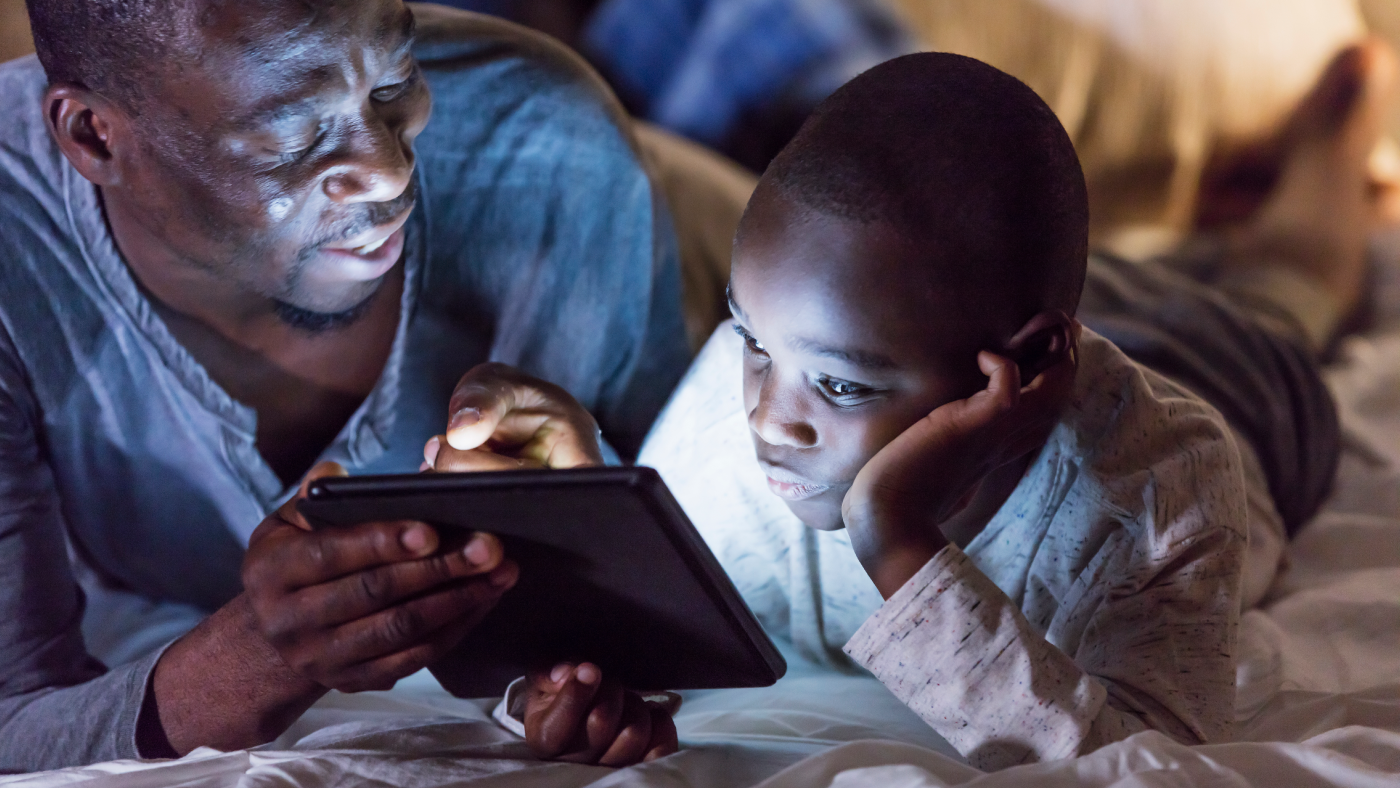American Voices on Ways Human Enhancement Could Shape Our Future
Focus group participants discuss biomedical developments that could boost the performance of people’s bodies and brains
Focus group participants discuss biomedical developments that could boost the performance of people’s bodies and brains
The scientific and ethical dimensions of striving for perfection
Americans who live in majority-minority communities are more likely than those who reside in predominately white neighborhoods to say that ride-hailing apps serve neighborhoods that taxis won’t visit.
The long-standing divide in internet use between U.S. Hispanics and whites is now at its narrowest point since 2009, as immigrant and Spanish-dominant Latinos make big strides in going online.
A quarter of U.S. adults (24%) turn to social media posts from either the Hillary Clinton or Donald Trump campaigns as a way of keeping up with the election, while 10% turn to their websites and 9% turn to emails.
Today’s presidential candidates are increasingly prioritizing social media outreach, while the role of campaign websites is shifting.
Lee Rainie is giving a keynote address at the Internet Governance Forum, discussing the digital divide that exists in 2016.
Technology is changing the ways people seek and get knowledge, communicate and work. But Americans still tend to embrace familiarity over newness when it comes to their choices of new products
How scholars, companies and workers are using Mechanical Turk, a ‘gig economy’ platform, for tasks computers can’t handle.
Digital innovation has had a major impact on the public's news habits. How have these changes shaped Americans’ appetite for and attitudes toward the news?

Roughly four-in-ten Americans have experienced online harassment. Growing shares face more severe online abuse such as sexual harassment or stalking.
Two-thirds of parents in the U.S. say parenting is harder today than it was 20 years ago, with many citing technologies, like social media or smartphones, as a reason.
From distractions to jealousy, how Americans navigate cellphones and social media in their romantic relationships.
Majorities of U.S. adults believe their personal data is less secure now, that data collection poses more risks than benefits, and that it is not possible to go through daily life without being tracked.










